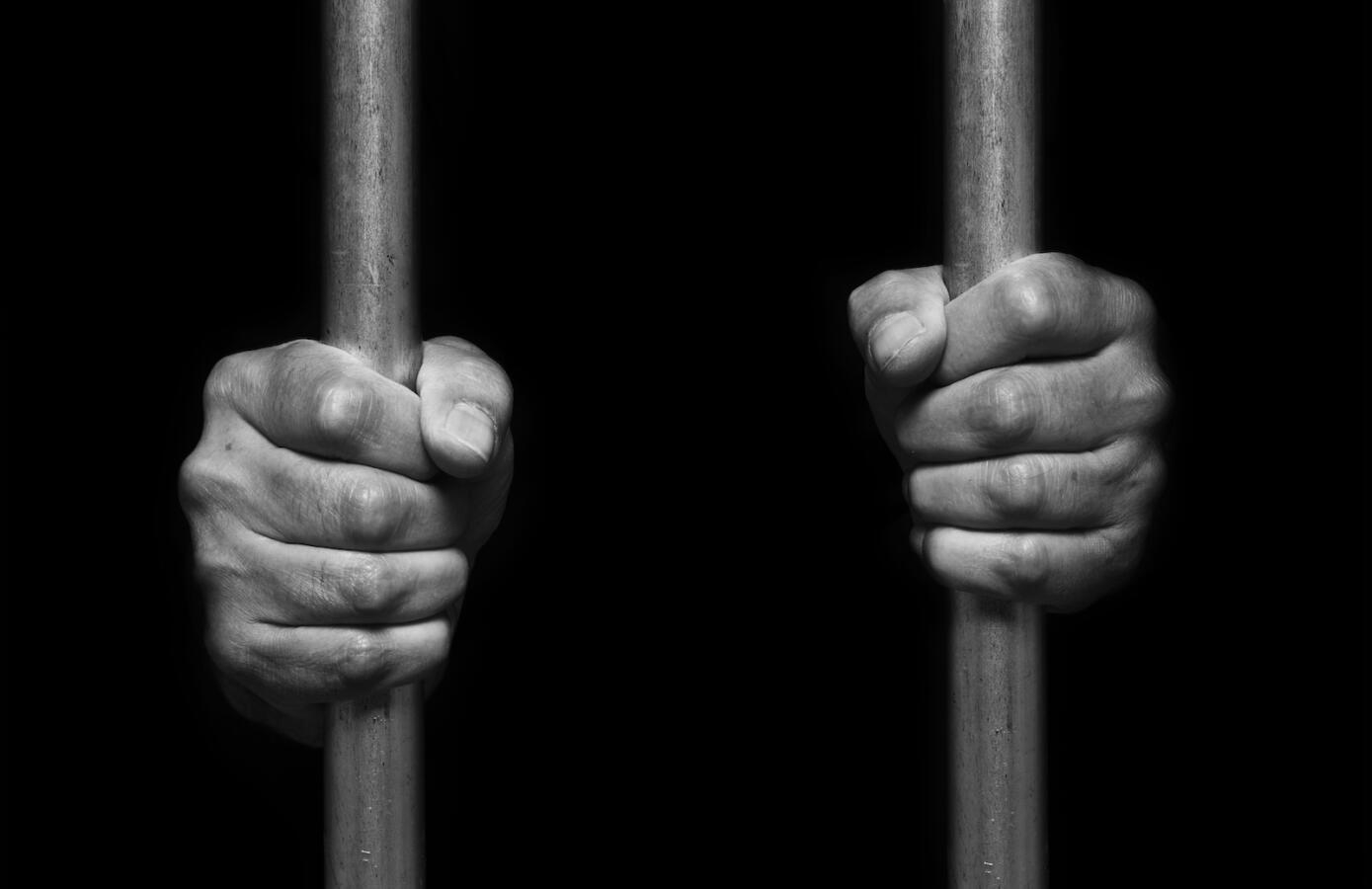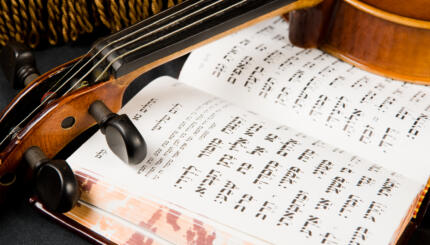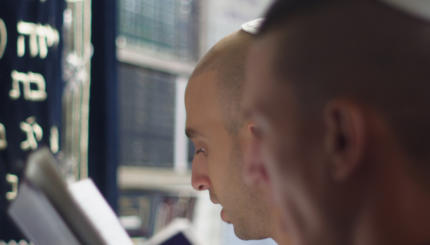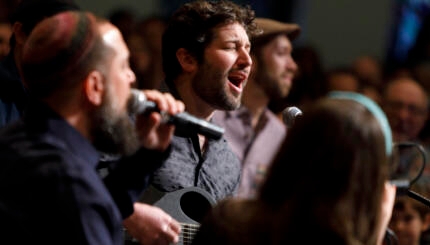Jews have been praying for the release of captives for hundreds of years. One of the oldest of such prayers is often referred to by its opening word: Acheinu. The full text of the short prayer is as follows:
Our family, the whole house of Israel, who are in distress, or in captivity — who stand either in the sea or on dry land — may the Omnipresent have mercy on them and take them out from narrowness to expanse, and from darkness to light, and from oppression to redemption, now, swiftly, and soon!
This prayer appears in Mahzor Vitry, a 12th-century prayer book authored by one of the students of Rashi, the medieval French biblical commentator. (It also appears in the 9th-century prayerbook known as Seder Rav Amram Gaon, but it’s unlikely to have been in the original versions.) In Mahzor Vitry, the prayer was said on Shabbat afternoon after the Torah was read. An old Italian tradition places the prayer in the service at the moment of declaring the new moon, which happens during the Torah service. Today, Ashkenazi Jews recite it on Mondays and Thursdays, also after the Torah reading. The common thread is that Acheinu was said in the presence of the Torah, when Jews are gathered together.
At its core, the prayer is a request for God to have mercy on captives and free them, taking them from “narrowness to expanse, and from darkness to light, and from oppression to redemption.” This echoes language we recite at the Passover Seder, which also mentions the emergence from darkness to light in recalling the original moment of the Israelites’ liberation from captivity. Significantly, the Haggadah tells us that God not only did this for those enslaved in Egypt, but also for “us.” That is why the Haggadah similarly states that in each and every generation, we are required to see ourselves as if we personally went out from Egypt.
Older versions of this prayer opened with the line: “Our family Israel who are in distress and captivity.” But now, the prayer opens with a modified version: “Our family, the whole house of Israel, who are in distress and captivity.” How could it be that all of Israel is in distress and captivity? If so, who is left to pray for them?

Help us keep Jewish knowledge accessible to millions of people around the world.
Your donation to My Jewish Learning fuels endless journeys of Jewish discovery. With your help, My Jewish Learning can continue to provide nonstop opportunities for learning, connection and growth.
One answer is to shift the punctuation: “Our family, the whole house of Israel! [Those] in distress and captivity …” Read this way, the opening phrase does not define the captives, but is an address. In other words, before addressing God, the prayer first speaks to the entire community, focusing them on those who are in distress.
Indeed, this phrase is used in this manner in the Talmud at moments of great suffering. When the sons of Rabbi Akiva die, he addresses those who come to comfort him as “our brothers, the house of Israel.” (Moed Katan 21b) When one priest stabs another in the Temple, Rabbi Tzadok begins his rebuke of the nation in the same way (Yoma 23a).
In opening the prayer this way, it reminds the Jewish people that we are all family. The prayer calls us to attention, saying: We need to focus on this issue. The request is a simple one: God, please bring home the captives. Just as our ancestors were redeemed from Egypt, may they journey from darkness to light — right now.



